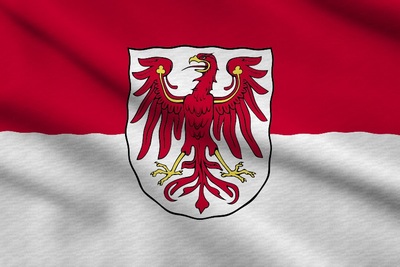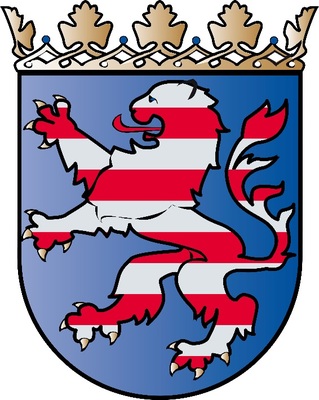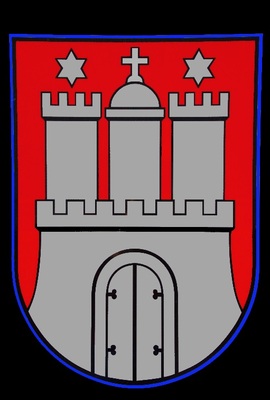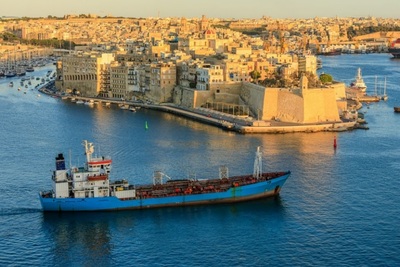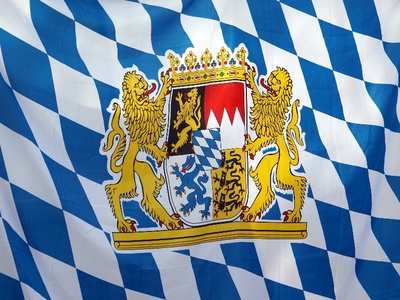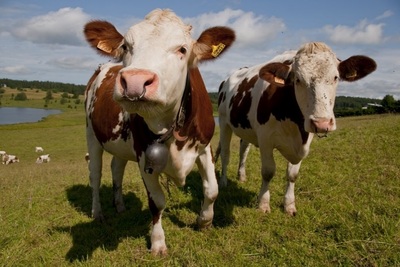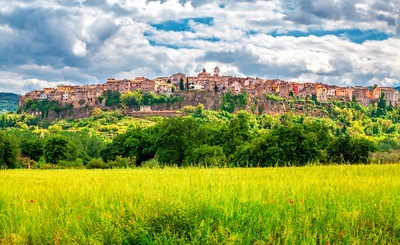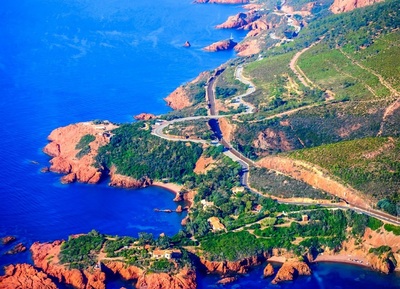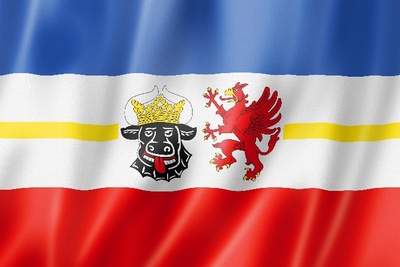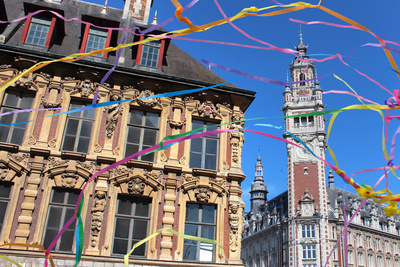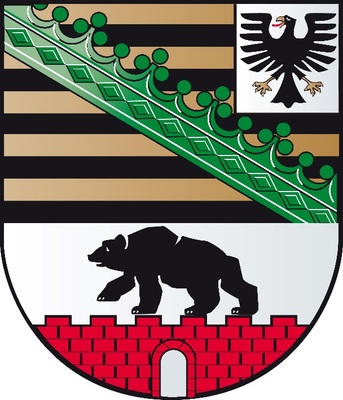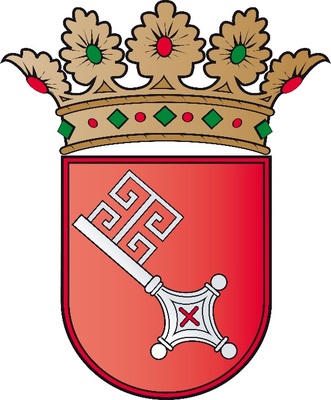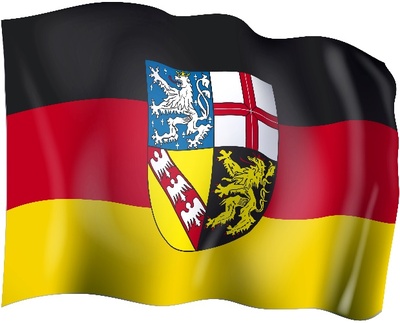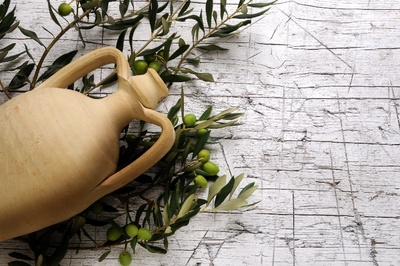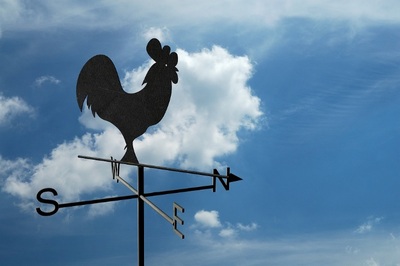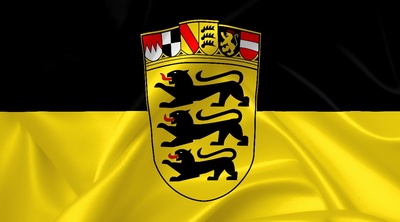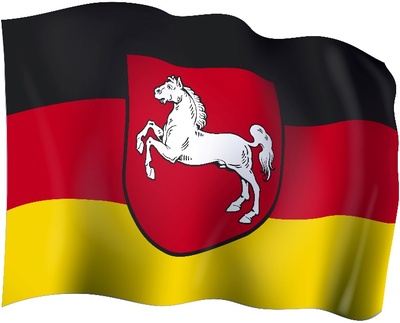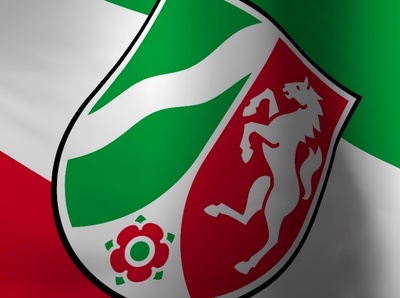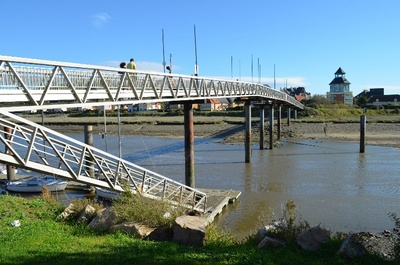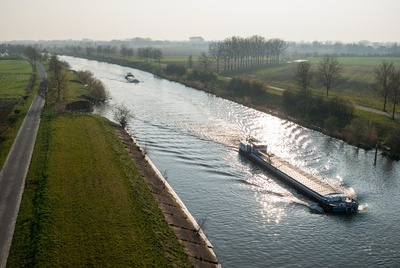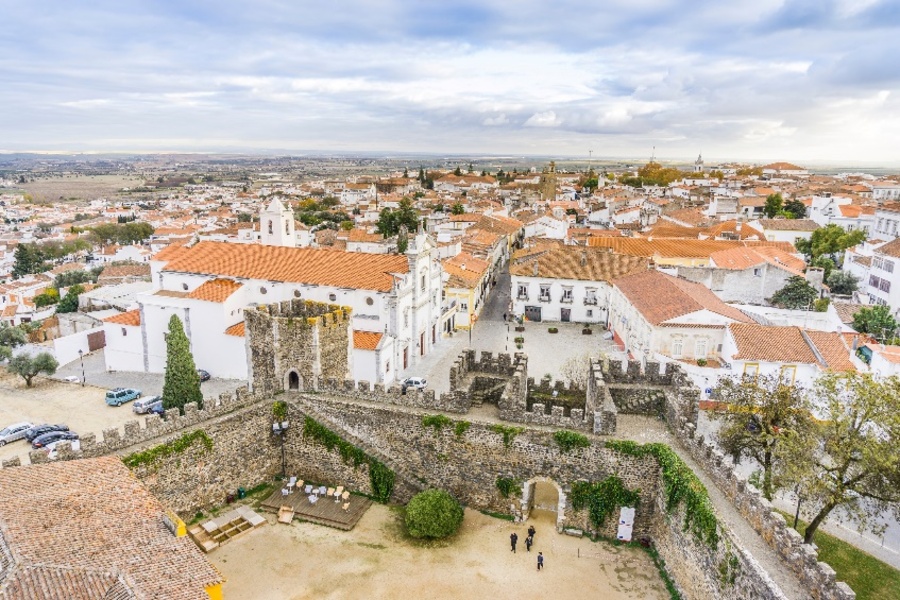
Beja, Portugal
- Add to favouritesBeja
- Download

Capital of the Baixo Alentejo province, there are traces of a settlement in Beja dating back to the Iron Age. The city of Pax Julia was founded during Roman times, when Beja became an important administrative and religious centre. The Reconquista razed the city to the ground, but the Duke and Duchess of Beja’s decision to live there in the 15th century breathed fresh life into the place. It remained small over the following centuries and was hit hard during the 1807-1811 French invasions. Today, Beja remains a quintessential Alentejo town: whitewashed houses, hot summers and mild winters, olive groves, vineyards, rolling fields of cork oak and holm oak, cante alentejano music and the unmissable OviBeja agricultural fair every March.
Examples of projects and initiatives supported by the EU
Creation of CFisio
According to data from 2018, in Portugal there were 14 physiotherapists per 100 inhabitants, while the European average was 162. As there was a shortage in the region, CFisio opened in Beja in 2017. It began as a physiotherapy centre, but now has other specialties. The project received some EUR 35 000 in [ERDF support](https://www.portalmunicipal.gov.pt/pt/fundos-europeus/pt2020/beneficiarios-projetos/projeto/ALT20-06-5141-FEDER-000250/.
IPBeja Infrastructure (Expansion of the agricultural CVTT of IPBeja – Agricultural and Horticultural Experimentation Centres)
The Beja Polytechnic Institute has purchased new equipment and carried out improvements to the buildings used by the Agricultural Experimentation Centre and Fruit, Vegetable and Horticultural Centre, which runs the Centro de Valorização e Transferência de Tecnologia (CVTT – Centre for Technology and Technology Transfer). The project aims to improve conditions for the centres’ applied and experimental research activity. The ERDF provided EUR 662 890 in funding, i.e. 85 % of the total budget.
Urban Farming
[Hortas Urbanas](Urban gardens) (https://cm-beja.pt/pt/projectos/3093/cityzen.aspx#.Y0_vIUoxPbY.link) is a grow-your-own project in a municipality that is still rural and has ties to farming. It is part of the Interreg programme’s ‘CityZen’ project, which promotes urban farming as a way to improve resource efficiency and boost the local economy. The EU provided 85 % of the project’s financing.
Wine tourism Herdade da Malhadinha Nova – Country House & Spa and Agrotourism Herdade do Ancoradouro
Tourism continues to be a national commitment and often receives incentives. In Beja, Herdade da Malhadinha received EUR 1 008 867 for its extension and for the creation of two new accommodation spaces in [Herdade do anchoadourrage](https://www.malhadinhanova.pt/en/hotel/accommodations/Casa-do-Ancoradouro/66/ Õ).
- Further information
Municipality of Beja, https://cm-beja.pt/pt/projetos.aspx
Statistics Portugal, https://www.ine.pt/
European Parliament Liaison Office in Portugal, https://lisbon.europarl.europa.eu/pt
EPRS | European Parliamentary Research Service, http://www.epthinktank.eu/

















































